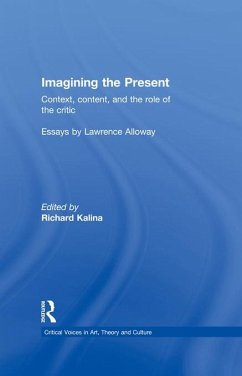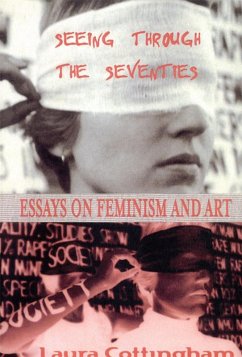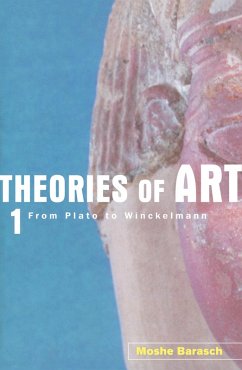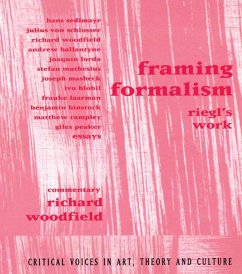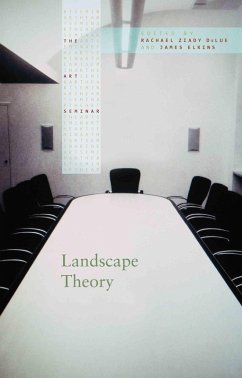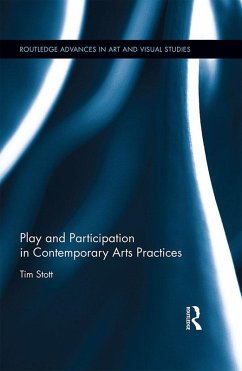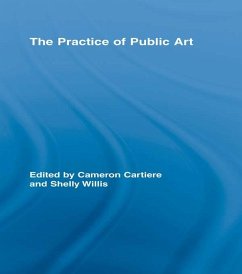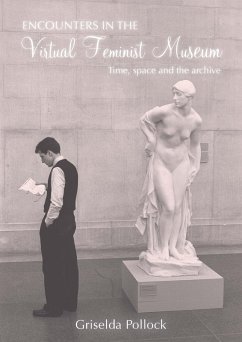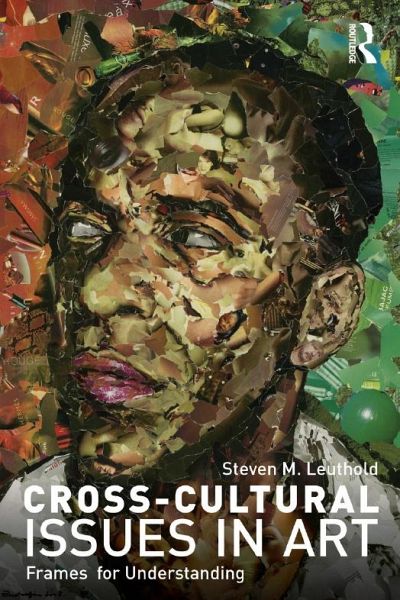
Cross-Cultural Issues in Art (eBook, ePUB)
Frames for Understanding
Versandkostenfrei!
Sofort per Download lieferbar
51,95 €
inkl. MwSt.
Weitere Ausgaben:

PAYBACK Punkte
26 °P sammeln!
Cross-Cultural Issues in Art provides an engaging introduction to aesthetic concepts, expanding the discussion beyond the usual Western theorists and Western examples.Steven Leuthold discusses both contemporary and historical issues and examples, incorporating a range of detailed case studies from African, Asian, European, Latin American, Middle Eastern and Native American art. Individual chapters address broad intercultural issues in art, including Art and Culture, Primitivism and Otherness, Colonialism, Nationalism, Art and Religion, Symbolism and Interpretation, Style and Ethnicity, A Sense...
Cross-Cultural Issues in Art provides an engaging introduction to aesthetic concepts, expanding the discussion beyond the usual Western theorists and Western examples.
Steven Leuthold discusses both contemporary and historical issues and examples, incorporating a range of detailed case studies from African, Asian, European, Latin American, Middle Eastern and Native American art. Individual chapters address broad intercultural issues in art, including Art and Culture, Primitivism and Otherness, Colonialism, Nationalism, Art and Religion, Symbolism and Interpretation, Style and Ethnicity, A Sense of Place, Art and Social Order, Gender, and the Self, considering these themes as constructs that frame our understanding of art.
Cross-Cultural Issues in Art draws upon ideas and case studies from cultural and critical studies, art history, ethno-aesthetics and area studies, visual anthropology, and philosophy, and will be useful for undergraduate and postgraduate courses in these fields.
Steven Leuthold discusses both contemporary and historical issues and examples, incorporating a range of detailed case studies from African, Asian, European, Latin American, Middle Eastern and Native American art. Individual chapters address broad intercultural issues in art, including Art and Culture, Primitivism and Otherness, Colonialism, Nationalism, Art and Religion, Symbolism and Interpretation, Style and Ethnicity, A Sense of Place, Art and Social Order, Gender, and the Self, considering these themes as constructs that frame our understanding of art.
Cross-Cultural Issues in Art draws upon ideas and case studies from cultural and critical studies, art history, ethno-aesthetics and area studies, visual anthropology, and philosophy, and will be useful for undergraduate and postgraduate courses in these fields.
Dieser Download kann aus rechtlichen Gründen nur mit Rechnungsadresse in A, B, BG, CY, CZ, D, DK, EW, E, FIN, F, GR, HR, H, IRL, I, LT, L, LR, M, NL, PL, P, R, S, SLO, SK ausgeliefert werden.





